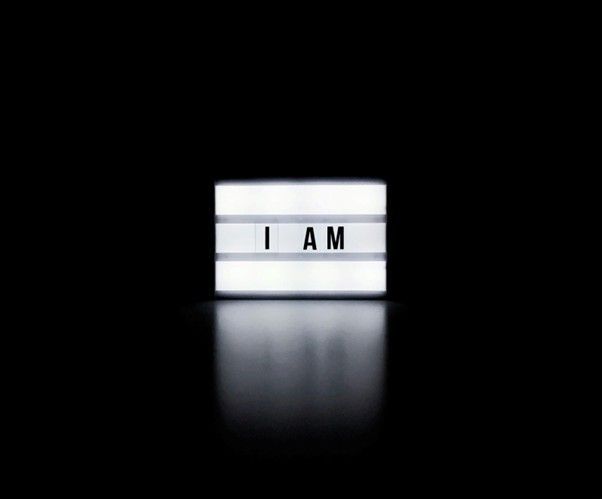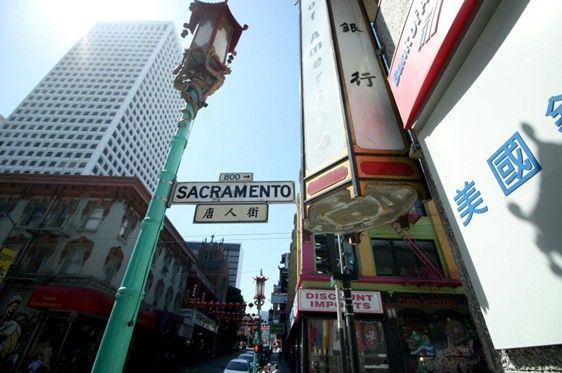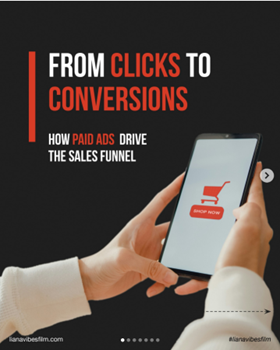Your Story Is the Strategy: What Autobiographical Branding Really Means
In today’s oversaturated digital world, consumers crave connection over perfection. They don’t just want to know what your business does — they want to know why it exists and who stands behind it. That’s the power of autobiographical branding: turning your lived experience into your most strategic asset.
By tapping into autobiographical the vivid, emotional recollections of personal past experiences create a brand story that resonates deeply and authentically with your audience. Research shows that these personal memories form the foundation of our self-concept and influence how we connect with brands, often shaping purchase decisions through emotional attachment and trust built over time.
A relevant study from the 2022 research published in
Frontiers in Psychology titled "Comparing Autobiographical Brand Images and Neutral Images: False Memory Formation and Reaction Time Differences". When your brand shares its genuine journey, it invites consumers to relate on a human level, transforming simple transactions into meaningful relationships. This approach not only differentiates your brand in a crowded marketplace but also leverages the powerful cognitive and emotional mechanisms that make your story unforgettable. In this blog, we’ll explore how autobiographical branding can amplify your brand’s inner voice and forge lasting connections that go far beyond products and services.
What Is Autobiographical Branding?
Autobiographical branding is the deliberate integration of your personal story into your brand’s identity. It’s not about oversharing or self-centered storytelling — it’s about grounding your brand in truth, transformation, and trust.
Marty Neumeier, author of The Brand Gap, defines a brand as “a person’s gut feeling about a product, service, or organization.” Your story humanizes that gut feeling. It builds emotional resonance and distinguishes you from competitors who rely on trends or empty jargon.
Chris Do: People Buy From People They Trust
Chris Do often says, “People buy from people they trust. Trust is built through empathy. Empathy begins with a story.”
Autobiographical branding isn’t fluff — it’s fuel. It’s how you show potential clients that you understand their struggles because you’ve lived them. It’s how you inspire loyalty by showing what you’ve overcome and who you’ve become.
The Business Case for Sharing Your Story
Autobiographical branding helps you:
- Attract aligned clients who see themselves in your journey
- Differentiate in a crowded market through honesty, not hype
- Position yourself as a thought leader, not just a service provider
According to the Harvard Business Review, storytelling activates neural coupling, where the listener’s brain mirrors the speaker’s brain. This creates connection, trust, and memorability — three pillars of effective branding.
Blair Enns: Positioning Through Your Origin Story
Blair Enns teaches that positioning is your most powerful business tool. Your story defines:
- What you do
- Who you serve
- Why it matters
Your origin story isn’t just a backdrop — it’s the framework for your value proposition and strategic clarity. It helps you “win without pitching” by turning personal truth into professional magnetism.
Framework: How to Turn Story Into Strategy
Here’s a four-part model to craft your brand’s narrative:
- The Trigger – What defining moment led you to start your brand?
- The Conflict – What internal or external struggles shaped your path?
- The Transformation – What insight, growth, or breakthrough changed you?
- The Contribution – How does your brand now help others on similar journeys?
This structure builds empathy, credibility, and differentiation.
Making Your Story Work Systematically
Autobiographical branding should guide your entire identity system:
- Website copy and tone
- Product/service naming
- Color psychology and font personality
- Social media voice and visual style
- Email marketing and launch narratives
Marty Neumeier reminds us: “When you design a brand, you’re designing a reputation.”
And reputation begins with a story.
Real-World Examples
- Marie Forleo: Her transition from unfulfilled finance professional to world-renowned coach is the backbone of her messaging.
- Patagonia: Founder Yvon Chouinard’s environmental beliefs are reflected in every brand decision.
- Liana Vibes Film: Specializes in transforming founder stories into cinematic brand identities — because your journey deserves to be seen.
Your Story Isn’t a Side Note — It’s the Strategy
Chris Do says, “Don’t compete on price. Compete on story.”
Blair Enns urges: “The narrowest positioning is the strongest.”
Marty Neumeier challenges: “Differentiate or die.”
Your autobiographical brand is your emotional truth turned into entrepreneurial clarity. And that’s a strategy no one can replicate.
Your story is your strongest strategy. Ready to craft a brand that’s grounded in your truth and designed to connect?
Partner with Liana Vibes Film to turn your personal narrative into a cinematic brand experience.
Follow us for story-first brand insights on Instagram:@lianavibesfilm

FAQs
1. Is autobiographical branding only for personal brands?
No. Even product-based businesses can use founder or team stories to humanize their brand and build emotional connections.
2. How do I know which parts of my story to share?
Only include what serves your audience’s transformation. Choose moments that reflect your values, growth, and why you’re uniquely positioned to serve them.
3. Will sharing my struggles make me look unprofessional?
Not if framed as part of your evolution. Authenticity — when balanced with insight — builds trust and authority.
4. What if I’m not a good writer or storyteller?
Start with structure. Use the Trigger–Conflict–Transformation–Contribution model. Or collaborate with storytelling experts like Liana Vibes Film to shape it for you.
5. Can my story evolve?
Absolutely. Your story is alive — and your brand should grow with you. Revisit and refine it as your mission deepens.









